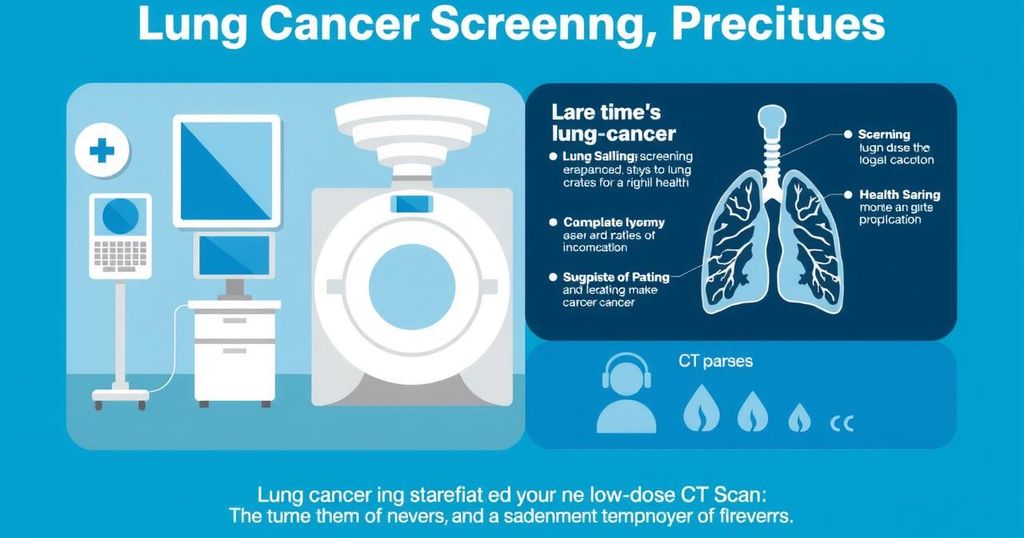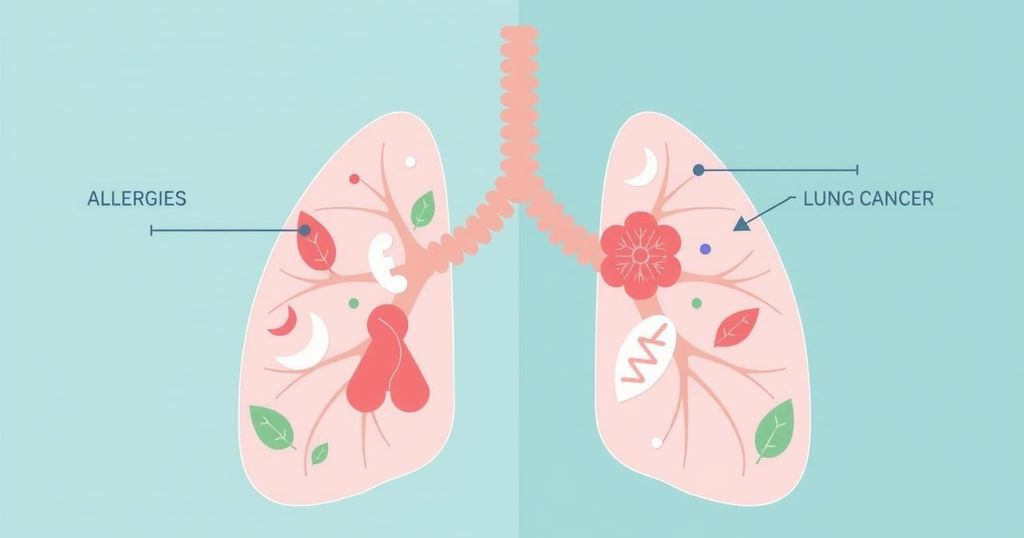Langkah Berani Afrika Selatan Melawan Kanker Serviks
Cervical cancer remains a leading cause of death among women, particularly in South Africa, where over 10,700 cases are diagnosed annually. Addressing HPV through vaccination and increasing access to self-collection testing can significantly improve early detection and treatment. Efforts are being made to educate both women and healthcare providers while promoting accessible screening options.
Cervical cancer, now preventable by vaccination, continues to claim a life every two minutes globally, especially affecting women in low- and middle-income nations. In South Africa, over 10,700 new cases emerge annually, leading to approximately 5,800 deaths. The main cause is the human papillomavirus (HPV), which can be tackled through vaccination of children and expanded screening for women. Early diagnosis significantly increases the chances of successful treatment.
South Africa is making progress by enhancing vaccination and screening access, but obstacles persist. Dr. Ifedayo Adetifa, CEO of FIND, emphasizes that efforts are ongoing to develop innovative solutions for HPV testing. Recent findings from FIND revealed a concerning lack of awareness about cervical cancer and HPV among women, with 58% of those surveyed unaware of the disease or its risk factors. Healthcare providers, primarily nurses and doctors, play a crucial role in educating women about prevention.
Research indicated that 77% of women preferred HPV DNA testing, particularly valuing self-collection options for reasons of privacy and comfort. A significant number of women, specifically 74%, expressed willingness to buy self-collection kits from pharmacies, especially if the cost ranged from $18 to $36. The option for self-collection is vital as it alleviates discomfort associated with clinical examinations, especially for women from non-urban areas, promising to enhance screening rates.
Despite these promising developments, the study identified a knowledge gap among healthcare practitioners regarding cervical cancer management guidelines, risking inadequate support for patients. As a response, FIND, alongside the National Department of Health (NDOH), has trained over 700 health practitioners to improve understanding and support regarding cervical cancer protocols.
The general public also lacks sufficient information on cervical cancer and its preventive measures. To address this, FIND, NDOH, and private sectors have collaborated to distribute over 10,000 educational materials on cervical cancer prevention. This is part of a broader strategy to enhance public awareness and understanding.
A comprehensive approach is proposed to tackle cervical cancer in South Africa, targeting education, policy reform, and access expansion. Key strategies include advocating for supportive policies for self-collection testing, ensuring affordable access to testing kits, enhancing healthcare provider training, and launching nationwide awareness campaigns. Dr. Ntombi Sigwebela from FIND highlighted that empowering women with convenient testing options not only improves health outcomes but also fosters their autonomy over health choices.
Cervical cancer is a critical global health issue, especially in developing nations. In South Africa, high incidence and mortality rates are linked to inadequate awareness and access to preventive measures. Vaccination against HPV and timely screenings are crucial for minimizing the impact of this disease. Ongoing efforts from both government and health organizations aim to address these gaps and provide women with the resources they need for early detection and prevention.
To effectively combat cervical cancer, it is essential to enhance public awareness, provide accessible testing options, and ensure that healthcare professionals are well-equipped with knowledge. The integration of HPV self-collection testing into the public health framework could significantly lower cervical cancer rates. Collective efforts from the government, health practitioners, and communities will be vital to achieve these objectives, ultimately empowering women to take charge of their health.
Sumber Asli: www.news-medical.net




Post Comment